Can I Control Pests Naturally?
Can I Control Pests Naturally?
Short answer… yes! Many pest control companies – ourselves included – offer safe and eco-friendly treatments but, that aside, there are also a lot of natural steps you can take to help prevent pests in your home.
Home and Yard Maintenance
The most important part of pest control is prevention, and some of the most effective ways to prevent pests are by maintain your home – both interior and exterior.
Home Maintenance
- Seal Cracks and Crevices – check around your home, especially around utilities, and fill any areas that appear to give access into your home
- Window Care – Make sure there are no gaps/cracks around your window, damaged weather stripping, or any rips in screens.
- Door Sweeps – Loads of different pests can sneak in using the gaps beneath doors and garages. While you may already have door sweeps installed to protect against the frigid weather, it is helpful to check them for damage, wear, gaps, etc.
- Leaky Pipes/Faucets & Dehumidifiers – Pests are drawn to areas with humidity or pooling water. By patching up any leaky pipes and installing dehumidifiers in high moisture areas, you will reduce the likelihood of having repeat ant issues.

Yard Maintenance
- Clean Up Foliage and Leaves – Dead or dying foliage and leaves collected on the ground of your property can act as insulation against the cold weather, making it a prime spot for pests to hide. These leaves can also block our pest control treatments from effectively reaching the critters if left unattended.
- Remove Any Standing Water – Pests need moisture to thrive. So, when water pools around your flower beds and in your garden, you’re at risk of encountering more pest-issues. Make sure your home’s downspouts are properly draining and that no debris is blocking/clogging the water flow in any nearby drains you may have. Also, make sure to change out any pet water bowls frequently and clear out bird baths or any other source of standing water in your yard (this is particularly vital for mosquito prevention as their eggs hatch in still water).
- Clean Up Birdseed – If you have birdfeeders in your yard, they can be attracting a variety of pests. Make sure the ground around your birdfeeder is kept as tidy as possible so that the extra seed isn’t attracting any unwanted guests.
- Tree/Bush Maintenance – Trim back any trees or bushes that may be touching your home or shed. While seemingly harmless, the branches act like a highway for pests to access your home. Furthermore, thick and unkept foliage provides pests with a lot of hiding spots. Keeping your yard and all the plants regularly groomed prevent pests from gathering and nesting in your yard.
- Clean Gutters – Just like the dead foliage on the ground, a build-up of debris (particularly damp debris) is a huge attractant for pets
- Downspouts and Drains – Make sure your downspouts are properly draining and that no debris is blocking/clogging the water flow in any nearby drains you may have.
- Keep Firewood Away – Wood piles are like a haven for pests. The pile provides shelter and warmth for insects and rodents alike, so it is important to take the proper precautions against the likelihood that they will move from the pile to your home by moving
- Clean Up Pet Droppings – Disgustingly, this can attract rats if left to fester in your yard.
- Move Garbage and Compost – Garbage and compost bins cans attract pests, and when they are stored next to the home, they can encourage pests to enter your home. Moving them further away from your home can reduce the chance pests will make their way inside.
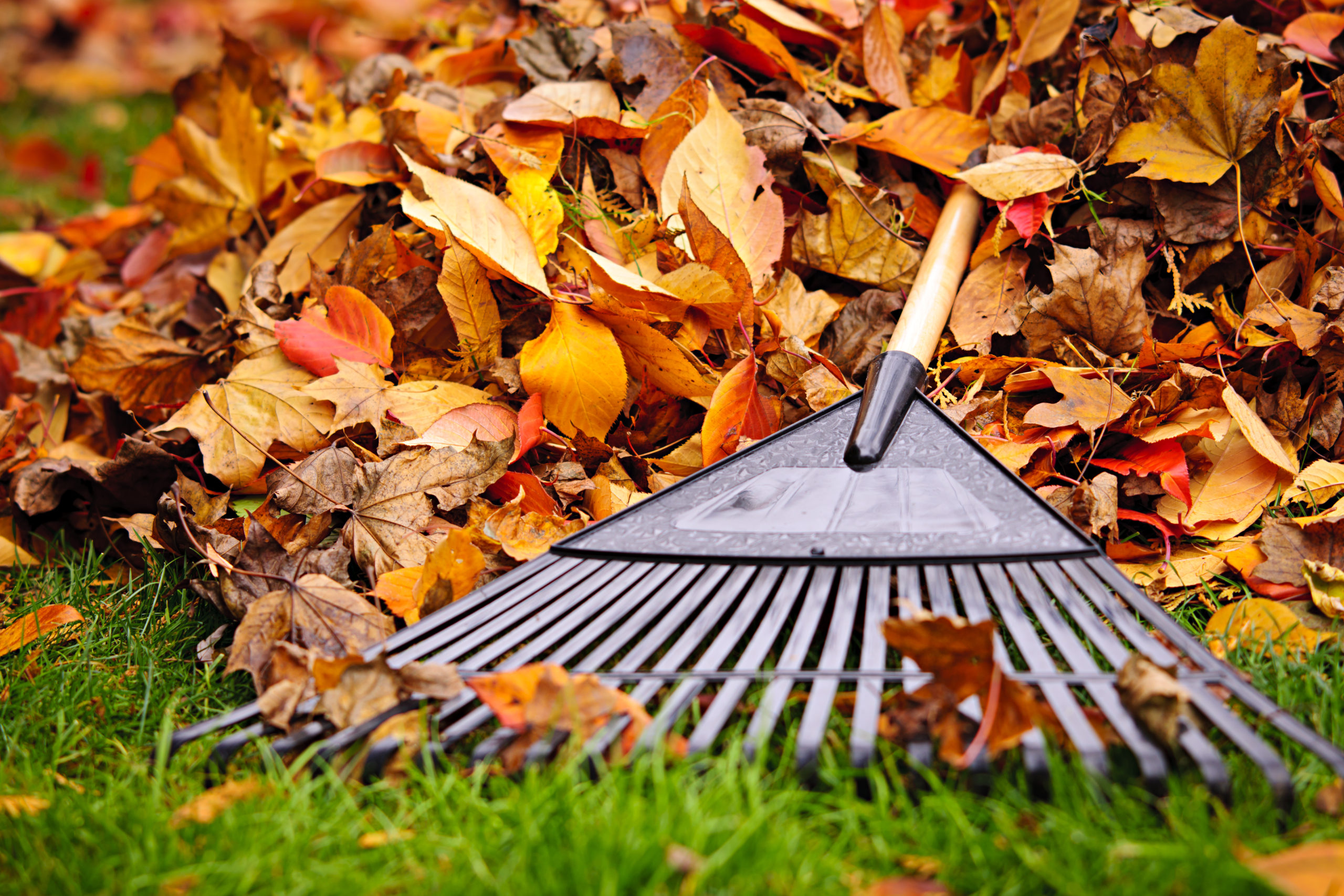
Cleaning and Storage
This is one of the most important impacts you can make in the pest control process as cleaning and tidying up removes a lot of pest attractants from your home. Your cleaning checklist can include:
Regular Cleaning
- Make sure no food or dirty dishes are left out
- Vacuuming, sweeping, and mopping
- Dusting (some pests eat dust particles)
- Tidying up any areas of clutter
- Scrubbing down all surfaces
- Properly dispose of garbage outside of the home
- Pickup all excess pet food
- Make sure all food is sealed and not exposed
- Reorganize your pantry and fridge, being sure that all food is stored in airtight containers and that nothing spoiled or rotten is being kept
- Make sure to run your disposal machine so food is not trapped inside
- Place storage in plastic containers (pests tend to hide in cardboard boxes)

Deep Cleaning
- Cleaning out cupboards, pantries, fridges, and anywhere else food might be kept
- Tidy or clean our closets
- Clean in areas that are rarely cleaned: under couches, behind the fridge, under/behind the stove, any voids, inside storage containers, etc.
- Wipe down baseboards
- Have carpets shampooed
- Flip mattresses (this provides a moment to check each bed meticulously for bed bugs)
- Clean out garbage cans (if any food residue has attached onto the sides of the garbage bin, this could be attracting pests)
- Wipe down the walls in the kitchen (grease can sometimes collect there from frequent cooking)
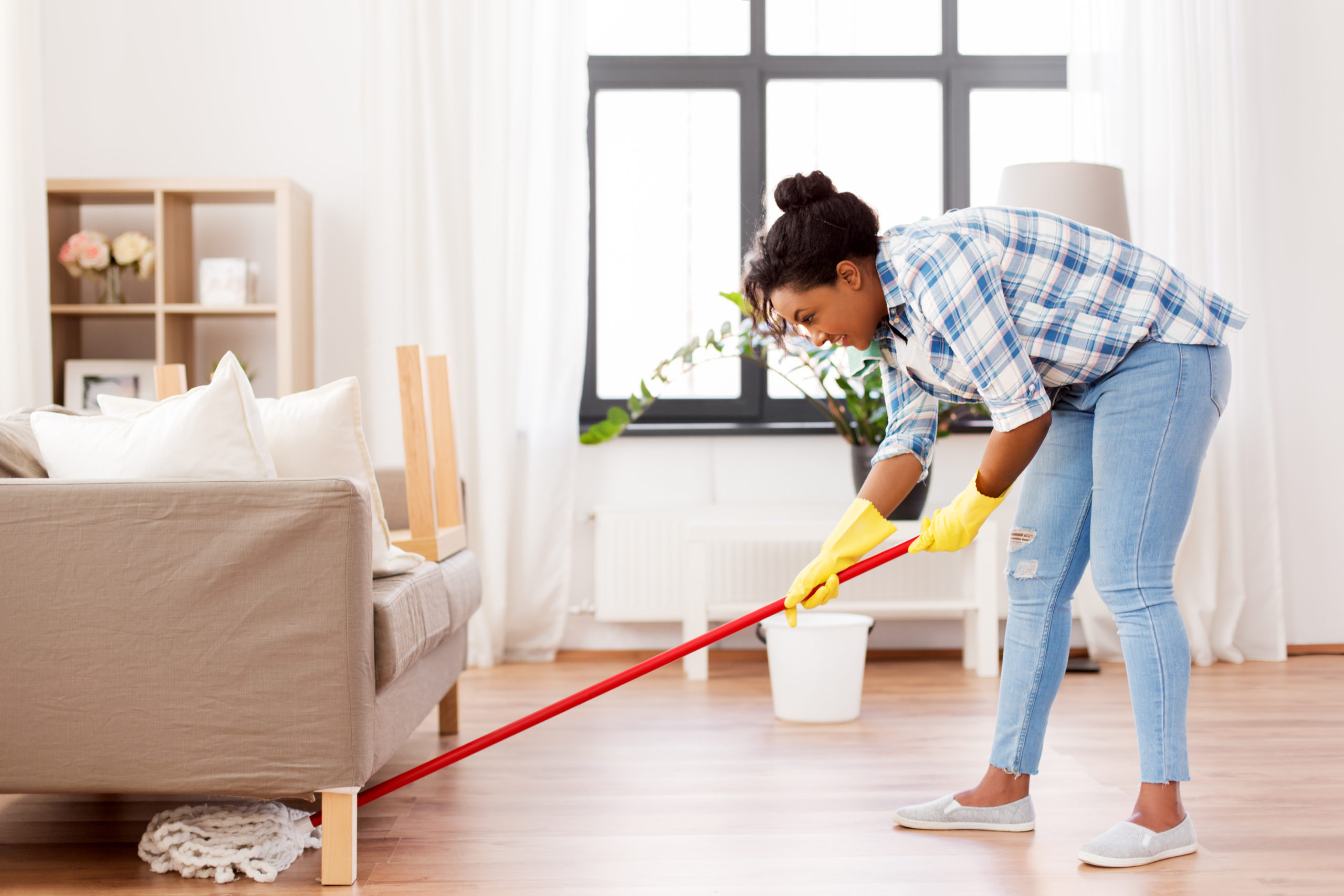
Pest Repelling Plants
Certain plants, especially fruits and vegetables, can actually be a draw for pests to your yard. But, just as your garden can be an attractant for pests, it can also repel them just as effectively if you are growing the right stuff. The following are some all-natural ways that your garden can help you stay pest-free.
- Citronella – Citronella is well known for being a powerful mosquito repellant, however, further studies have suggested that it may discourage rats and pests from approaching your home as well.
- Mint – Mint has been proven to help repel mosquitos, rodents, and other pests.
- Lavender – Lavender is known to attract helpful pests such as honeybees, but is known for repelling spiders, mosquitos, and a few other nasty pests.
- Eucalyptus – A study published in The Scientific World Journal in 2014 proved that Eucalyptus is effective at repelling rats. Other studies have similarly shown that, when combined with lemon, it can also help repel flying pests.
- Lemongrass, Clove, Thyme – these three plants have been known to help ward off biting mosquitos.
Even if you live in an apartment or do not have a yard, having these plants in pots by your door, on your balcony/patio, or on your windowsills can still help reduce pests in and around your home.
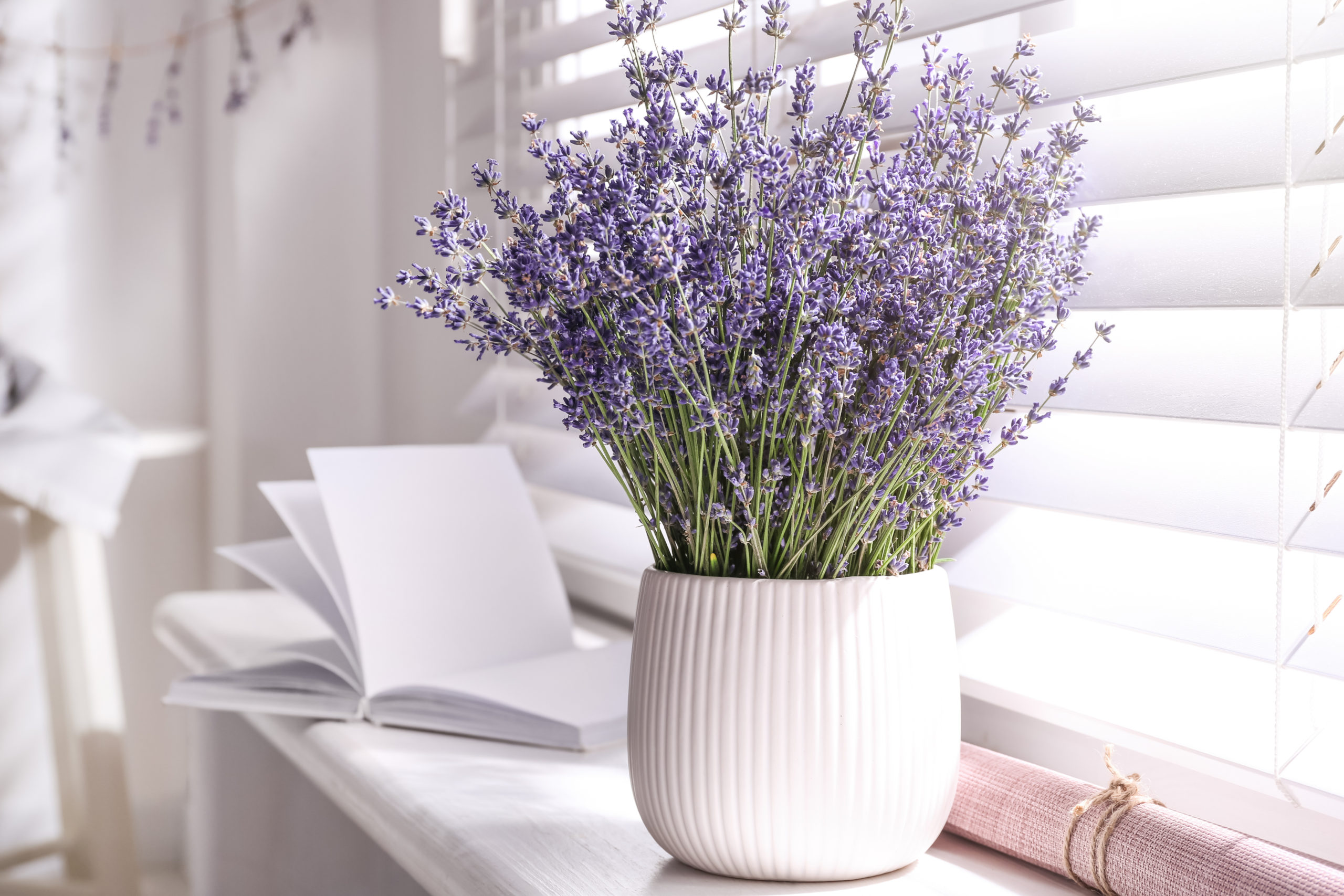
Stop Traveling Pests
There are a number of pests that make their way into homes by traveling on you, your family, or your furry friends. These pests include ticks, fleas, and bed bugs, all of which oddly enough bite their victims. Here are some very natural ways to prevent these nasty bloodsuckers entering your home.
Ticks
- Tick Checks – After being in any wooded areas or locations where ticks are known or suspected to inhabit, it is extremely important to conduct a tick check on both your family and your pets. Not only will this prevent ticks that were on your clothing and pet’s fur from getting into your home, but it’s vital to help prevent those ticks from biting and attaching onto you.
- Flea/Tick Preventative Treatments for Pets – Products like Frontline Plus, K9 Advantix, and more all provide protection for pets against both fleas and ticks. Talking with your veterinarian can help you select the best preventative products for you and your furry friends.
- Consider Installing a Fence for Your Yard – Unwelcome guests of all kinds wander through yards, and deer, rabbits, racoons, squirrels, opossums, geese, voles and more can not only ruin your gardens, but they can carry ticks into your space on their fur. By guarding your yard from different animals that can trail through, you can reduce your risk of ticks being brought into your space.

Fleas
- Flea/Tick Preventative Treatments for Pets – Products like Frontline Plus, K9 Advantix, and more all provide protection for pets against both fleas and ticks. Talking with your veterinarian can help you select the best preventative products for you and your furry friends.
- Regularly Groom Your Furry Friends – Brushing your pets regularly provides you with a great opportunity not only to potentially dislodge any pests that might be clinging to their fur, but also notice a possible pest problem before it becomes an infestation. Pests like ticks and fleas are easier to detect in untangled fur and the act of brushing can even reveal them to you. Also, by routinely bathing dogs that spend time outdoors, you greatly reduce the risk of them bringing a variety of bugs into your home.
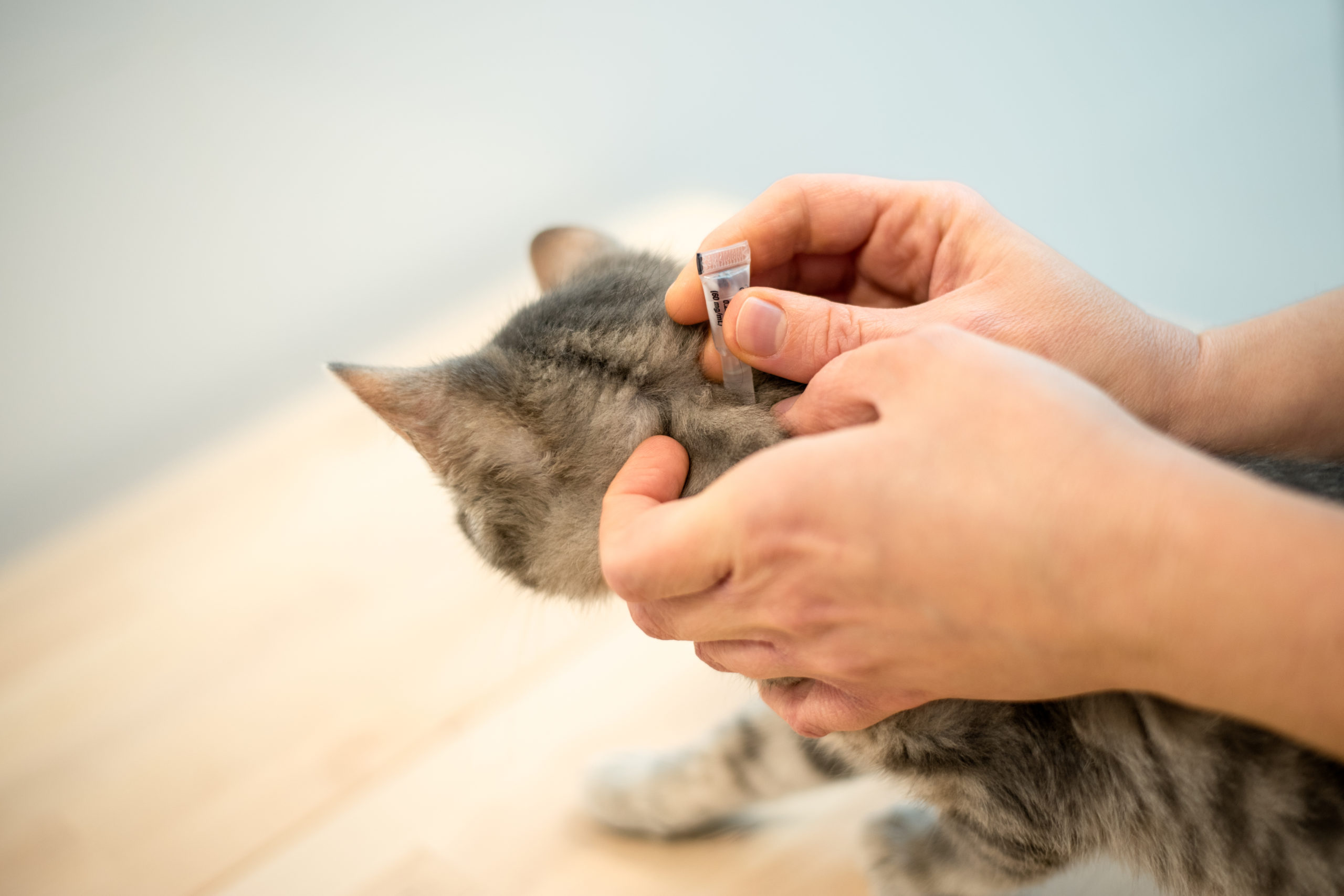
Bed Bugs
- Moving Blankets – Rented moving blankets are unfortunately known for passing bed bugs if not properly inspected. Either utilizing your own blankets or ensuring any blankets you do rent are properly cleaned and inspected can greatly help reduce the risk of bed bugs.
- Secondhand Furniture – Bed bugs can often hide in all kinds of secondhand furniture. If you are ever considering purchasing used furniture, it is extremely important to inspect the items carefully prior to bringing them into your home.
- Check Hotel Rooms – Hotels/motels are probably the most notorious hub for bed bugs. As such, it is extremely important to check your hotel rooms before you stay.
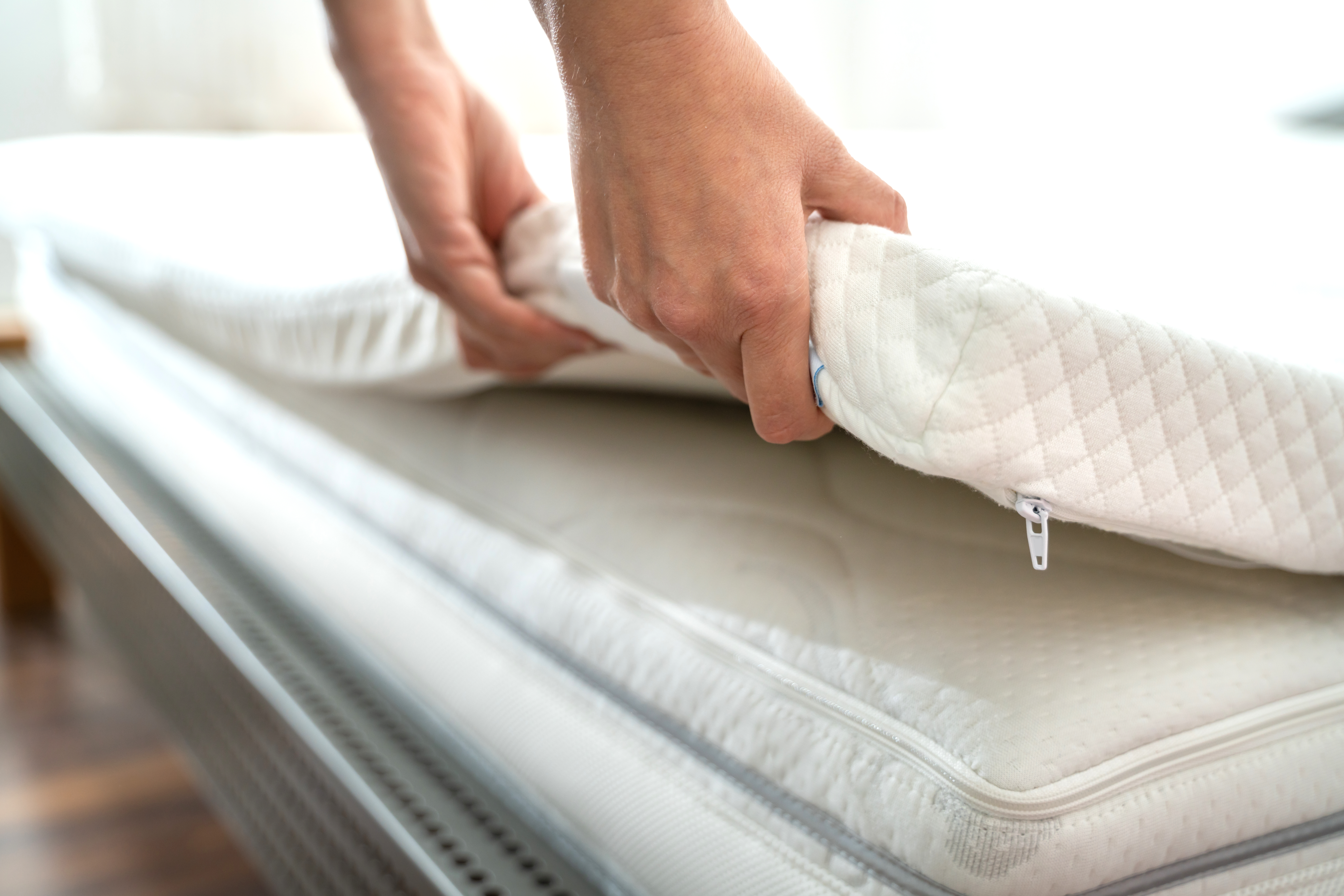
Safe, Reliable, and Eco-Friendly Professional Help
While these tips and tricks can help reduce your risk of having an onslaught of pests in your home, for full protection Green Pest Services has got your back! We can help you inspect potential entry ways, identify any foliage that could be problematic and even point out other conducive conditions. We also utilize a variety of safe, effective, and environmentally friendly products to secure your home. Call us today to hear more about our eco-friendly and safe pest treatments.

Citations
11 Bugs to Watch Out For If You Have Pets (2017) American Pest. Available at: https://www.americanpest.net/blog/post/11-bugs-to-watch-out-for-if-you-have-pets (Accessed: September 2020).
Collins, M. (2012) Bed Bugs and Pets: Answers to Your Questions – PetHelpful – By fellow animal lovers and experts, PetHelpful. Available at: https://pethelpful.com/pet-ownership/Bedbugs-and-Cats (Accessed: March 2, 2021).
Fleas and Ticks (no date) ASPCA. Available at: https://www.aspca.org/pet-care/general-pet-care/fleas-and-ticks (Accessed: February 23, 2021).
Hill, C. and MacDonald, J. (2008) Fleas, Purdue University . Purdue’s College of Agriculture: Entomology Department. Available at: https://extension.entm.purdue.edu/publichealth/insects/flea.html (Accessed: September 2020).
Prevention and Control: Fleas (N/A) Illinois Department of Public Health. The Division of
Environmental Health. Available at: https://www.idph.state.il.us/envhealth/pcfleas.htm (Accessed: May 2020).
Preventing Ticks on Your Pets (2019) Centers for Disease Control and Prevention. The National Center for Emerging and Zoonotic Infectious Diseases and the Division of Vector-Borne Diseases. Available at: https://www.cdc.gov/ticks/avoid/on_pets.html (Accessed: February 23, 2021).
Ticks and Tick Removal (2018) International Cat Care. Available at: https://icatcare.org/adive/ticks-and-tick-removal/(Accessed: June 2020).
Enjoy a Pest-Free Year With These 10 Easy Steps
Enjoy a Pest-Free Year With These 10 Easy Steps Enjoy a Pest-Free Year With These 10 Easy Steps Summary: A practical guide to keeping a [...]
How Do Pests Contaminate Food?
How Do Pests Contaminate Food? How Do Pests Contaminate Food? Summary: A practical homeowner guide explaining how pests contaminate food through contact, saliva, [...]
The Clear Signs of Bed Bugs in Every Setting
The Clear Signs of Bed Bugs in Every Setting The Clear Signs of Bed Bugs in Every Setting Summary: A setting-by-setting guide to [...]
Odor is an Early Sign of Rodents, Here’s Why
Odor is an Early Sign of Rodents, Here’s Why Odor is an Early Sign of Rodents, Here’s Why Summary: Rodent odors are often [...]
Pest Prevention Tips for Snowy Days
Pest Prevention Tips for Snowy Days Pest Prevention Tips for Snowy Days Summary: Snowy weather pushes pests to seek warmth and shelter indoors, [...]
How Do Ants Spend Winter? What Homeowners Should Know About Ants in Winter
How Do Ants Spend Winter? What Homeowners Should Know About Ants in Winter How Do Ants Spend Winter? What Homeowners Should Know About Ants in [...]

